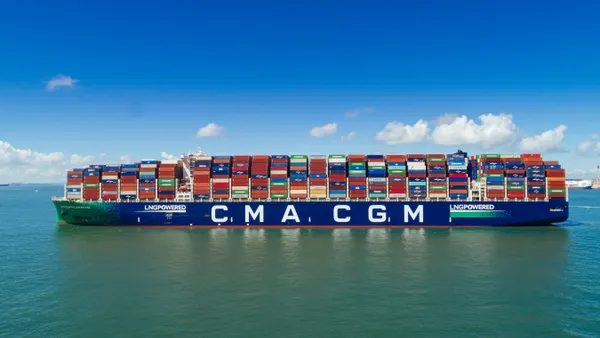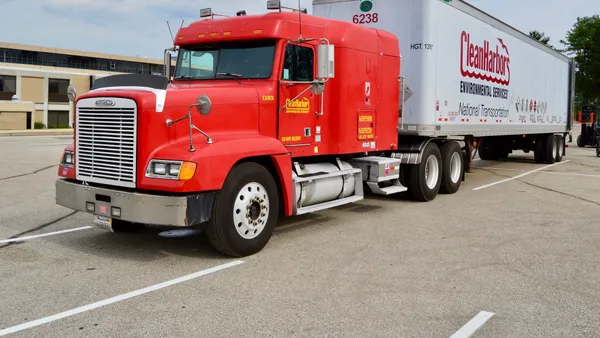Dive Brief:
- As Metro (Oregon's regional government) nears the end of a 30-year contract to truck most of Portland area's garbage 140 miles to Arlington, it is considering two new options: one is to burn the garbage to produce electricity; the second is to recycle material through Advanced Materials Recovery. There has also been some talk of finding a new landfill to haul the trash, requiring less travel.
- According to the Portland Tribune, the government is leaning toward trash burning, which would happen at an incinerator four miles from Salem.
- Metro staff will ask permission on Tuesday from the regional government to evaluate both alternatives and to engage in formal talks with Covanta, which operates the Marion County Energy-from-Waste Facility in Brooks where the trash would be taken. Covanta would have to double that plant’s size to accommodate Portland’s 200,000 tons a year for incineration.
Dive Insight:
Portland is one of the country’s leaders in recycling, as is the entire state of Oregon, though a new report shows the state’s numbers have dropped a little.
Meanwhile, the idea of burning trash — while it is converted to energy — has stirred some controversy, particularly in Portland because of resulting emissions from smokestacks and toxins in the ash that lingers after combustion.
But Metro Council’s review stated that recycling works best in "communities without robust curbside recycling," and there is a high concentration of such operations in Portland already. Metro is pushing the region to give incineration serious consideration, claiming the argument against the process is outdated, and citing Covanta’s work in Brooks.
"They have operated with an excellent environmental record for quite a few years now," says Paul Slyman, Metro director of property and environmental services.
Bruce Walker, the city solid waste and recycling program manager, was not on the same page as Slyman. The Metro Council’s guidance "could send an important message" to favor garbage burning in contrast to the city of Portland’s views, he said.
No one who voice their opinion seemed to feel that the current scenario — hauling trash 140 miles, having the empty trucks backtrack that same distance, and leaving garbage to rot on a landfill — is the answer. Metro wants to compare the carbon footprint of the current system with garbage burning, Slyman said.









